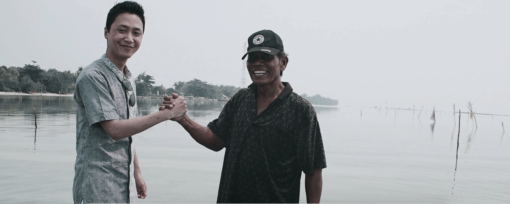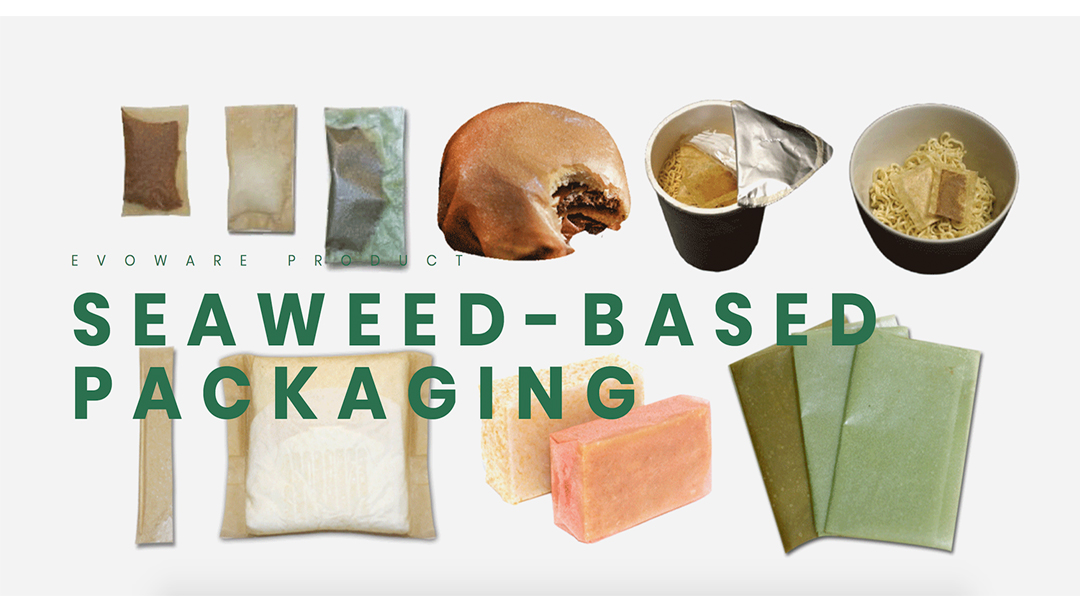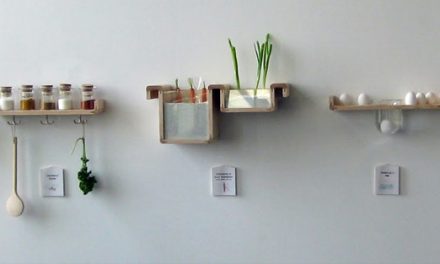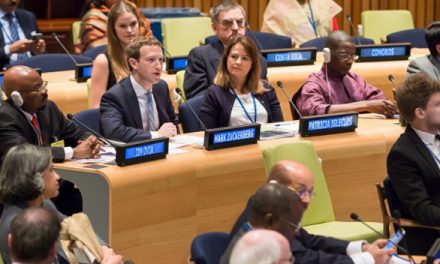Everyone knows plastic waste is an global issue and our ocean is under severe threat as 90% of plastic waste go into the ocean every year. According to United Nation, 70% of that waste comes from food and beverage packaging and by 2050, there will be more plastic than fish in the sea.
According to Nature Research, four of Indonesia’s rivers rank among the 20 most polluted in the world in terms of mismanaged plastic waste. This makes Indonesia the 2nd largest contributor to marine plastic pollution after China. In 2017, Indonesia Environment and Forestry Minister Siti Nurbaya Bakar has set a target to reduce plastic waste by 70 percent to preserve the environment. According to DotAsia’s Youth Mobility Index (YMI.Asia), though Indonesia ranks in the middle among 20 localities, it has achieved a good ranking in Start-up capital availability and education workforce, showing that the government has achieved results in inspiring young people to start to change the world.
An Eco-Social Enterprise for Indonesian – Evoware
Originated from Jakarta, Indonesia, Evoware is socially responsible enterprise which provides eco-solution for plastic waste problems. The co-founder and designer of Evoware, David Christian, believes the production chain of evoware can bring mutual benefits to both environmental safety and livelihood of seaweed farmers in Indonesia.
First of all, this seaweed-based packaging’s patent has been granted and received halal and safety guarantee certificate. It is 100% biodegradable and served as a natural fertilizer for plants. Seaweed-based packagings are extremely good for small-format food sachets and wraps, e.g. instant noodle seasoning, tea or coffee powder and the complements and burger wrap etc. It’s good to replace conventional packaging in a convenient and healthy way. It can also be used to package the non-food based contents such as toothpicks, soap bars and sanitary pads. If this innovative method is adopted widely in FMCG products in Asia, it would be a good news for our planet.

Evoware co-founder David Christian has a dream to use innovative method to reduce plastic waste problems and improve the livelihood of local seaweed farmers.
Secondly, a large volume of seaweed production is oversupply in Indonesia. “Indonesia produces 10 million tonnes of seaweed per year and targets 19 million tonnes by 2020”, said Christian. And there are 5 of the 6 poorest provinces in Indonesia are actually producing seaweed. Most seaweed farmers are poor due to a long marketing chain and loan sharks. While using seaweed as the main raw materials of the package material, the success of innovative packaging can add value to seaweed production so as to help improve the livelihood of local seaweed farmers.
Through using Evoware’s products, people evolve to be closer to nature and live a more responsible and sustainable life. Christian hopes to educate people to replace plastic with its biodegradable seaweed packaging that can be eaten along with the food inside. ‘
Where to get evoware products: Click Here
For the full report on Youth Mobility Index, visit http://ymi.asia
Source of Information: Reuter
Photo Credit: Evoware











